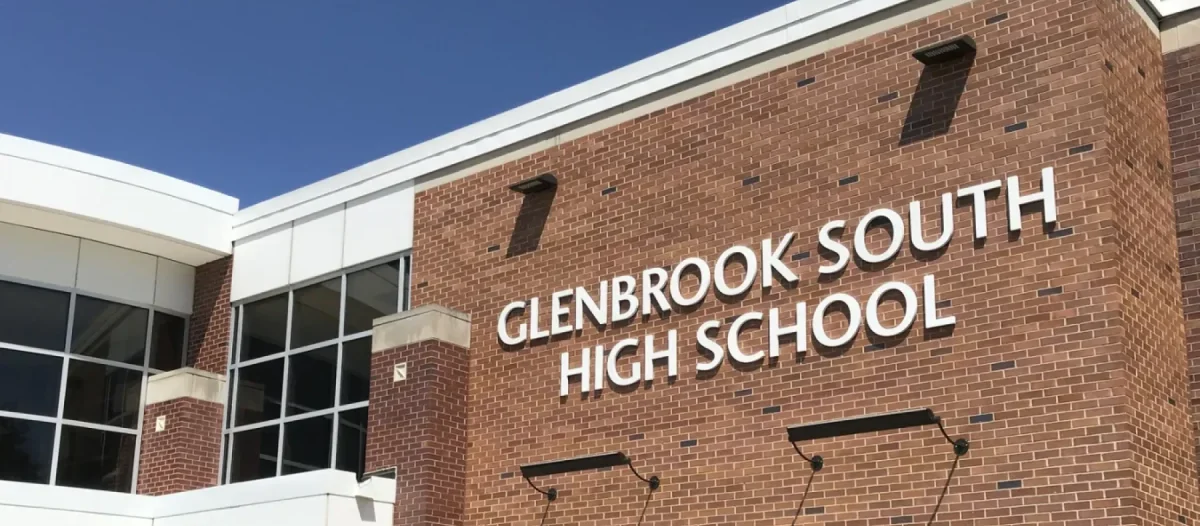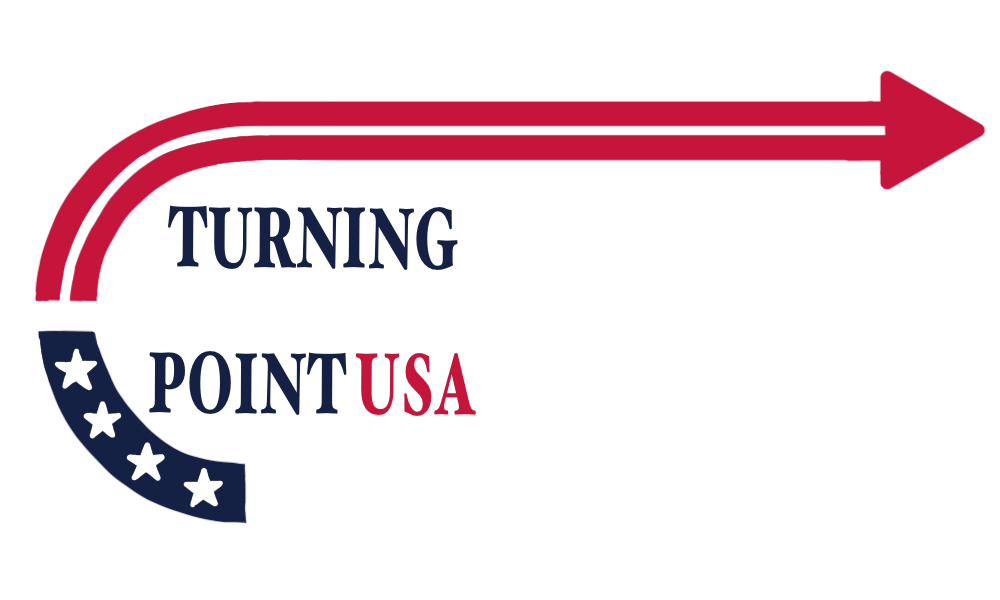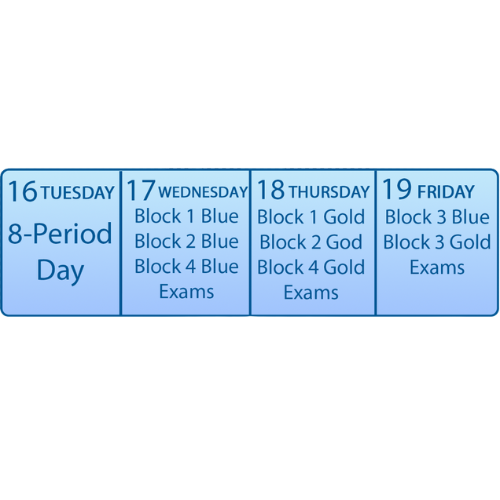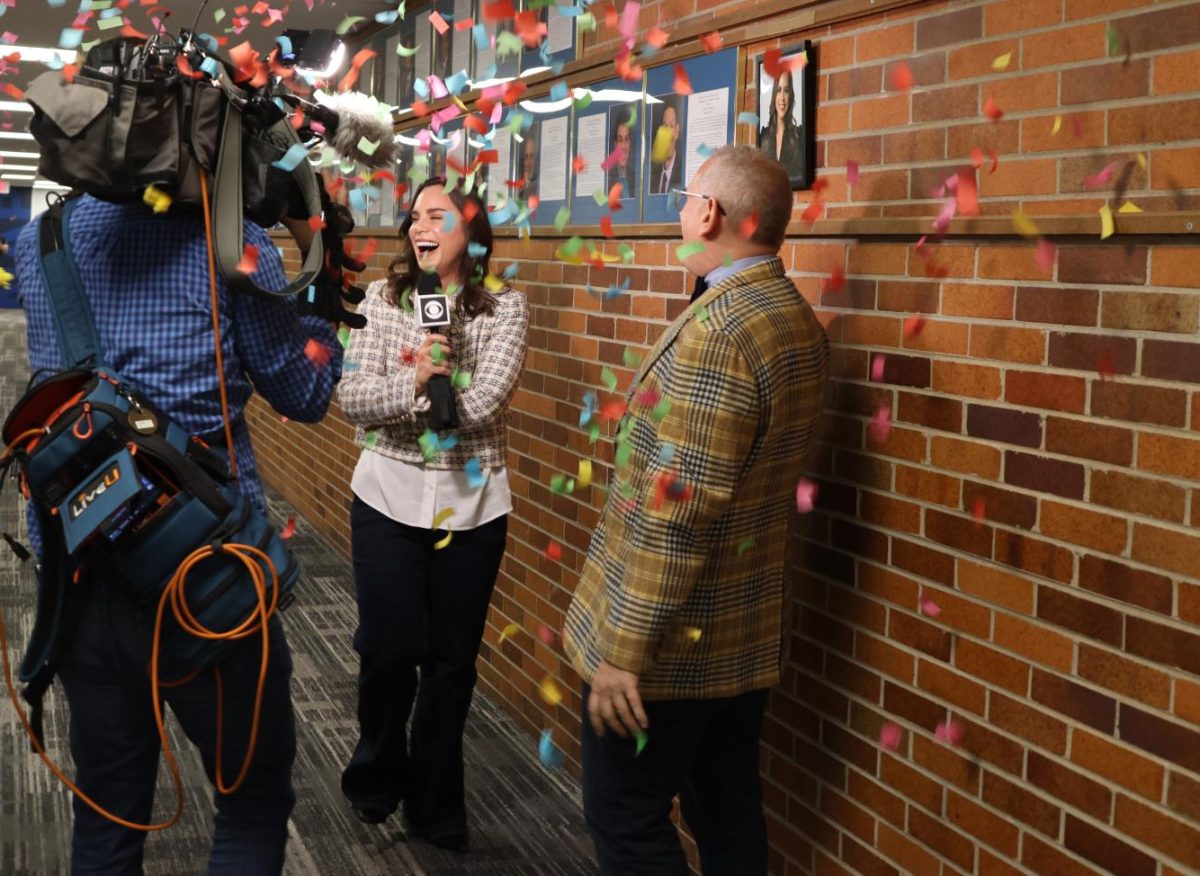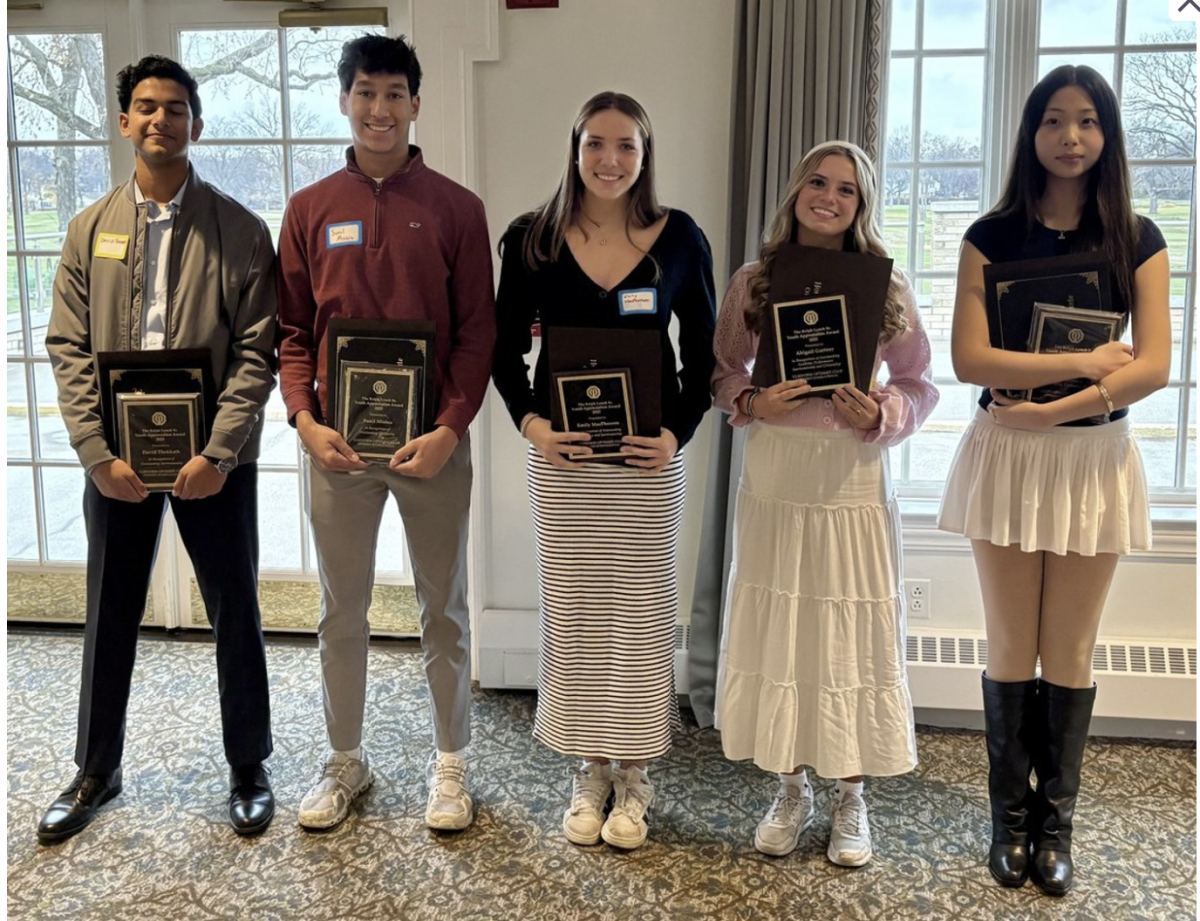In the neighboring Waukegan school district 60, only a half hour away, approximately 17,000 students from Kindergarten to High School were out of school while the teachers were on strike. The strike began on Oct. 2 and ended on Oct. 31.
The strike began to fight for salary increases and for the continuation of single coverage health insurance.
“The union proposed a 9 percent salary increase for the first year and 6 percent for the next two years,” Samantha Colombik, special education teacher for Waukegan Community School District 60, said. “The district offered a 1 percent raise. The union [did] not expect a 9 percent raise, [it] just [wanted] to meet in the middle.”
According to Mike McGue, president of the Lake County Federation of Teachers, asking for a 9 percent raise is not an unreasonable request.
“[The district has] gone from a $2.7 million deficit to a $37 million surplus in roughly four years,” McGue said in a Q&A with the Lake County News-Sun. “That means they’ve banked $10 million every year… and we’re proposing a 9 percent increase. That’s about a $6 to $7 million increase. So, how does that bankrupt a district that has been bankrolling $10 million a year?”
Health insurance was also cut from teachers’ contracts.
“The district cut our benefits, so currently all teachers do not have health care,” Martha Ahlborn, special education teacher for Waukegan Community School District 60, said. “I have been lucky in that I am healthy, but I have heard horror stories. There is a teacher who has cancer and was denied Chemo because she didn’t have coverage.”
According to Ahlborn, the teachers fully understood the impacts of the strike and in fact didn’t want to go on strike.
“None of us wanted to strike, but it was a ‘necessary evil,’” Ahlborn said. “The administration and school board were not taking us seriously. They kept pushing us and the issues off. We went on strike to demonstrate that we were not going to put up with how we were being treated.”
Official information has not been released on either side about final contract negotiations. However, students returned to school on Nov. 3.
According to South Principal Dr. Brian Wegley, at the end of the day, strikes affect everyone even outside of the immediate Waukegan community.
“Any time you have a challenge with a community and an educational system that goes on strike, there is an impact on the entire educational community,” Wegley said. “You just feel for the individuals going through it, and there are two sides of the story, and there are emotions that flare up on both sides that can’t help but bleed out on the community.”
The most immediate impact South saw was the lack of homecoming football game.
While this was a significant setback for South, Student Council rose to the challenges presented to them, Wegley said.
“We talked through it and we talked through what shifts we would want to make,” Wegley said. “[Dr. Shellard] did a lot of work with Student Council who I think has done a fabulous job. They really drove the changes and times and the recommendations for how we could handle this. It was really wise to focus and shift that pep rally back and do some very neat things out at the stadium.”
While South missed a homecoming game, athletes at Waukegan have missed almost entire seasons of their sport.
Students also missed out on instructional time, causing the year to be extended into the summer. Additionally, students who receive aid from the Illinois Free Lunch and Breakfast Program didn’t have access to that program, and teachers and their families also suffered from lack of income and health insurance.
In an open letter to the District 60 community members published on the district website, Dr. Donaldo R. Batiste, Superintendent, expressed his sentiments in regards to the event and his hopes for the future of the community.
“Despite our disagreements, we have always shared a common, fundamental goal: to provide our children with the education they deserve to prepare them for what lies ahead,” Batiste wrote. “As we move forward, be assured that we will continue to take steps necessary to engage the community, to celebrate our victories, and to encourage a more open dialogue about our concerns. These steps will be undertaken with the knowledge that at the end of the day, we are all on the same side.”


